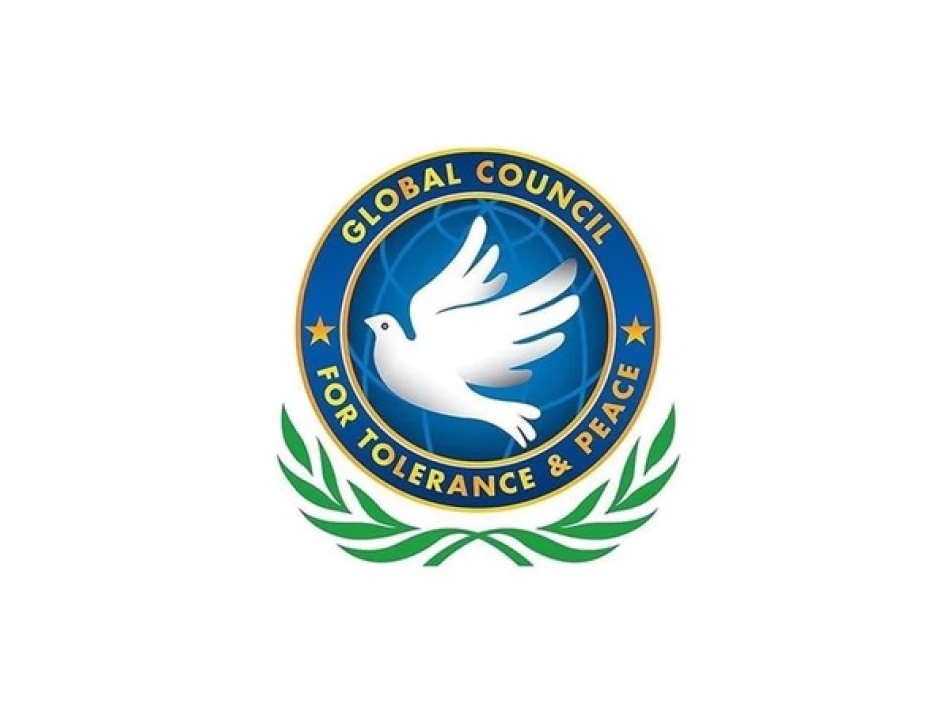
Global Council for Tolerance Advocates Unity and Peace Among Peoples
Global Peace Council Challenges World Leaders to Move Beyond Symbolic Gestures
The Global Council for Tolerance and Peace is pushing international leaders to treat the International Day of Peace as more than just another date on the calendar. With conflicts escalating worldwide, particularly in Gaza, the organization argues that symbolic commemorations aren't enough—the world needs concrete action to address mounting threats to global stability.
From Ceremony to Action
Ahmed bin Mohammed Al-Jarwan, President of the Global Council for Tolerance and Peace, used his statement marking September 21st's International Day of Peace to call out what many see as performative peacekeeping. His message was clear: annual statements and ceremonial events won't solve the crises threatening communities worldwide.
The timing of Al-Jarwan's statement reflects growing frustration with international responses to ongoing conflicts. While diplomats gather for peace summits and issue carefully worded statements, civilian casualties continue mounting in active conflict zones.
Gaza as a Test Case
Al-Jarwan specifically pointed to Gaza as an example of how current approaches are failing. He described the situation there as undermining international peace efforts through what he characterized as systematic violations of civilian rights and destruction of peace opportunities.
The statement directly criticized Israel's current government policies, arguing they perpetuate cycles of violence and destruction that make comprehensive peace settlements harder to achieve. This represents the kind of direct language often avoided in diplomatic circles but increasingly common among international civil society organizations.
Regional Implications
The Gaza conflict serves as more than just a humanitarian crisis—it's become a test of whether international institutions can effectively address modern conflicts. Each escalation there sends ripple effects across the Middle East, affecting everything from regional trade routes to diplomatic relationships between major powers.
The Mediation Alternative
Rather than accepting conflict as inevitable, the Council emphasized dialogue and mediation as practical alternatives to military solutions. This approach aligns with successful peace processes in other regions, where sustained diplomatic engagement eventually produced lasting agreements.
The focus on civil society organizations alongside governments reflects lessons learned from conflicts where grassroots peace movements proved essential to long-term stability. Northern Ireland's peace process, for example, required extensive community-level engagement beyond formal government negotiations.
What This Means Going Forward
The Council's statement represents broader shifts in how international organizations approach peace work. Instead of focusing solely on post-conflict reconstruction, there's growing emphasis on preventing conflicts through early intervention and addressing root causes.
For policymakers, this creates pressure to develop more proactive approaches to emerging tensions. Traditional reactive diplomacy—waiting until conflicts escalate before intervening—increasingly looks inadequate for addressing complex modern disputes.
The emphasis on human rights protection as fundamental to peace efforts also reflects changing international priorities. Economic development and political stability matter, but sustainable peace requires addressing underlying injustices that fuel long-term grievances.
The Partnership Challenge
Al-Jarwan's commitment to working with partners across different countries highlights both the potential and limitations of international cooperation. While global networks can share resources and expertise, they also must navigate varying national interests and political constraints.
Success will likely depend on building coalitions that include both traditional diplomatic actors and emerging voices from civil society, private sector, and affected communities. The most effective peace initiatives tend to combine multiple approaches rather than relying on single strategies.
Most Viewed News

 Layla Al Mansoori
Layla Al Mansoori






